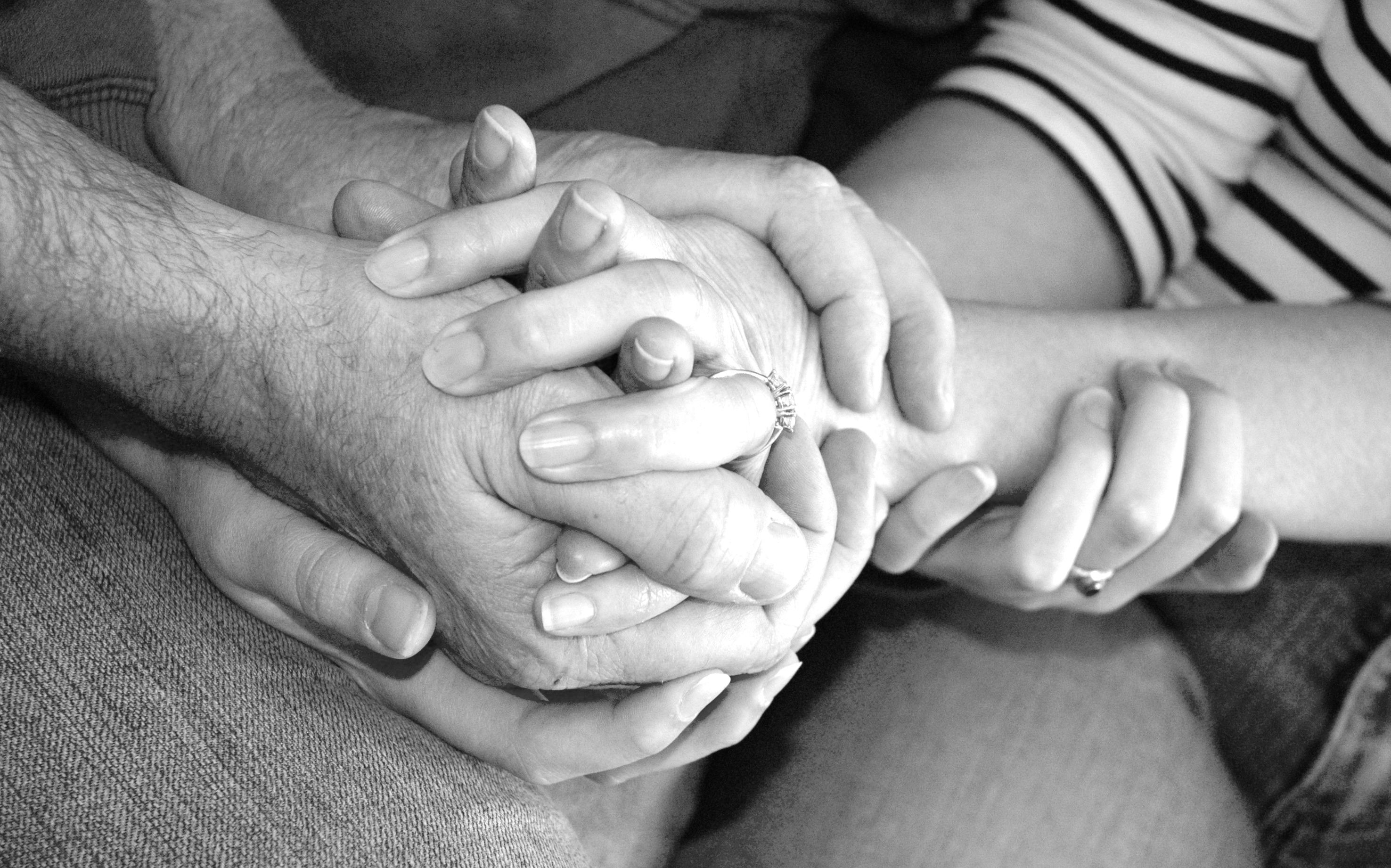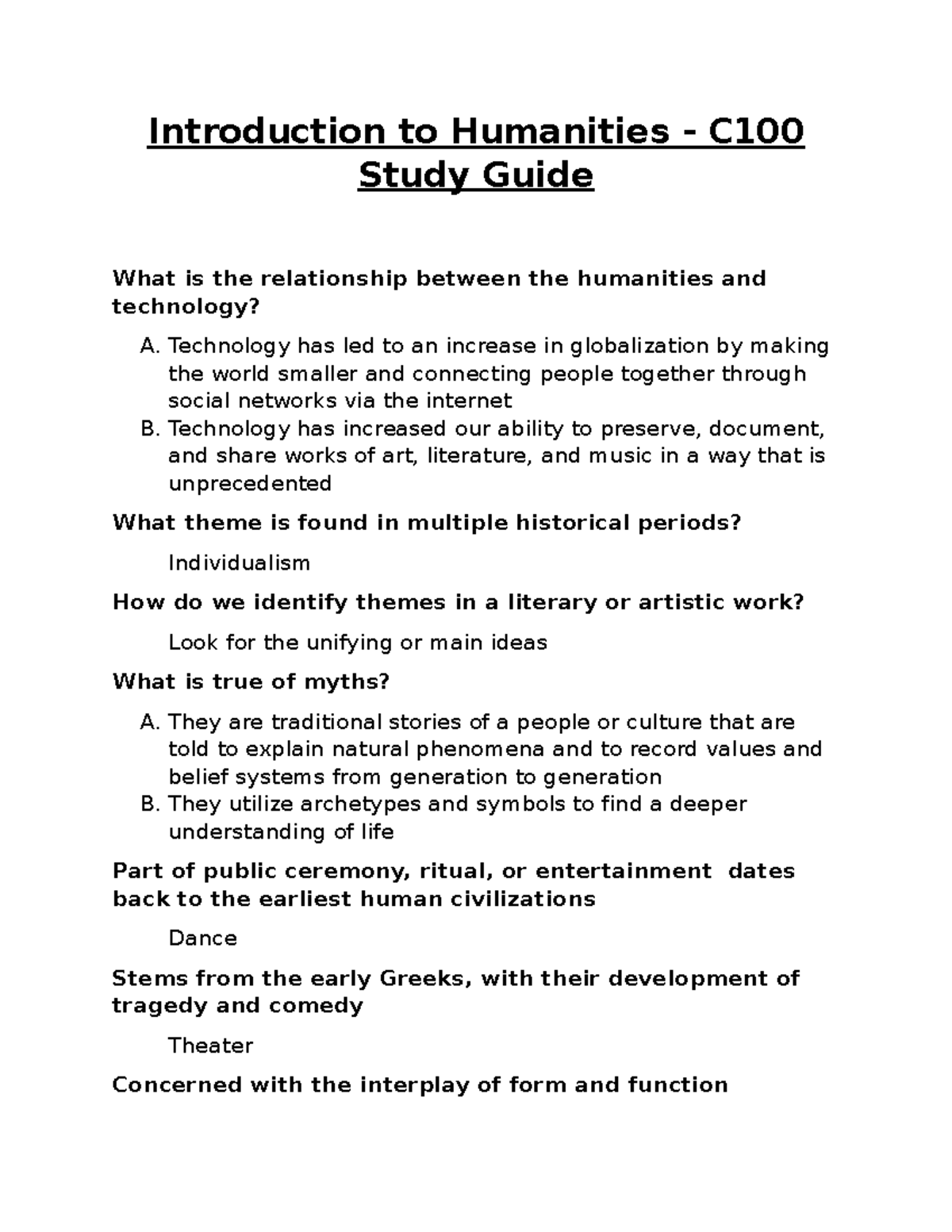Grief and loss are profound experiences that alter the very fabric of our lives, plunging us into a tumultuous emotional journey. The pain of losing a loved one can feel insurmountable, often leaving us overwhelmed and searching for guidance on how to cope with loss. Understanding the importance of grieving is essential, as it allows us to process our feelings and begin to heal after loss. This intricate grief process unfolds differently for everyone, as each person navigates their unique path through pain and remembrance. In this exploration, we will discuss effective strategies for dealing with grief, emphasizing the need for compassion towards oneself during this challenging time.
Bereavement and sorrow are two sides of the same coin, encapsulating the emotional turmoil that accompanies the departure of someone dear. The experience of mourning is not simply a fleeting moment; it encompasses a spectrum of feelings that individuals must confront and embrace. Acknowledging the need for closure and reconciliation is vital, as it forms the foundation of recovery in times of desperation. This discussion will delve into methods for managing emotional distress, highlighting the journey towards healing and the pivotal role that acceptance plays. As we share insights on navigating the aftermath of loss, we aim to provide solace and understanding to those embarking on this exhausting but necessary voyage.
Understanding Grief and Loss
Grief and loss are universal experiences that impact every individual in profound ways. The emotional response to the death of a loved one can vary significantly from person to person, encompassing a range of feelings from deep sadness to anger and confusion. Understanding that grief is a personal journey is crucial; there is no ‘right’ way to navigate this process. While many people seek comfort in shared experiences, it’s essential to acknowledge that each individual’s grief is validated through their unique feelings and memories.
The stages of grief, commonly recognized as denial, anger, bargaining, depression, and acceptance, are not always linear. Individuals often oscillate between these feelings as they attempt to cope with their loss. This journey can be disorienting, and for many, it’s important to seek support through friends, family, or professional counseling. By collectively exploring their feelings, individuals may find that they can better process their grief and begin to heal.
The Importance of Grieving
Grieving is not just a response to loss; it’s an essential part of healing. It allows individuals to acknowledge their pain and process the complex emotions that accompany losing a loved one. In our fast-paced society, many people feel pressured to move on quickly from their grief, but this can often lead to unresolved feelings and longer-term emotional challenges. Allowing oneself the time and space to grieve is vital for mental health, promoting a gradual acceptance of loss.
Moreover, the importance of grieving extends beyond the emotional realm. It can facilitate better physical health by reducing stress and allowing for expression through tears and even anger. Engaging in rituals, such as memorial services or personal acts of remembrance, can help create a sense of closure for the bereaved. Embracing grief as a natural response to loss paves the way to emotional restoration and healthier coping mechanisms.
Dealing with Grief: Strategies for Coping
When faced with overwhelming grief, developing effective coping strategies is essential. Some individuals find that talking about their feelings with trusted friends or family offers relief, while others may prefer writing in a journal or reflecting through art. Joining grief support groups can also provide a nurturing environment where shared experiences help to alleviate feelings of isolation. The companionship found in these groups can foster connections that support the healing process.
In addition to seeking social support, practitioners often recommend engaging in self-care activities. These can include physical exercise, mindfulness practices like meditation, or spending time in nature. Such activities not only help manage stress but also promote a deeper connection with oneself during the grieving process. Recognizing that it’s okay to seek help and to be gentle with oneself during these tough times is a fundamental step in dealing with grief.
Navigating the Grief Process: What to Expect
The grief process can be an unpredictable journey, marked by significant emotional highs and lows. Initially, individuals may experience disbelief or numbness, temporarily shielding them from the full reality of their loss. As the weeks and months progress, feelings of intense sadness often erupt, mingling with moments of lightness or even joy as individuals remember the positive aspects of their relationships. Understanding that this ebb and flow of emotions is normal can offer some comfort.
Many find that anniversaries, birthdays, or holiday seasons may trigger intense feelings of grief, amplifying the sense of loss. Preparedness for these moments can help: creating a plan to honor the memory of the deceased, whether through a special gathering or personal ritual, can provide a sense of control and meaning. Embracing the non-linear nature of grief, including its unexpected occurrences, allows individuals to navigate their journey with compassion for themselves.
Healing After Loss: Finding a Path Forward
Healing after loss is often a gradual process that requires patience and self-compassion. As individuals begin to emerge from their mourning, they may find new ways to integrate the memory of their loved ones into their daily lives. Engaging in activities that the deceased enjoyed or continuing their legacies can be powerful ways to honor their memory while forging ahead. As difficult as it may seem, finding joy and purpose again is a natural part of healing.
Rebuilding one’s life after loss may also include seeking new relationships and experiences. While it can be uncomfortable to think about moving on, allowing oneself to embrace life again can be a testimony to the love shared. Counseling or therapy can aid in this transition, offering tools to help reframe thoughts and feelings about loss. Ultimately, the journey through grief can lead to personal growth and renewed meaning in life.
Rituals and Mourning: Honoring Loss
Rituals play a significant role in how we process loss and express our grief. Whether cultural, religious, or personal, these acts can help create a meaningful framework for mourning. Funerals, anniversaries, or personal memorials allow individuals and communities to come together in remembrance, providing essential support for the grieving process. Engaging in these rituals can foster connection, providing solace and solidarity among mourners.
Creating personal rituals can also be an expression of grief and a significant step toward healing. This could include lighting candles on special days, visiting a place that held meaning for the deceased, or planting a tree in their honor. Such acts can serve as reminders of love and connection, fostering an environment for healing and continued remembrance. Allowing space for personal rituals is vital for individuals to honor their grief and the legacy of their loved ones.
The Role of Support Networks in Grieving
During times of loss, having a supportive network is crucial for emotional well-being. Friends, family, and community can be anchors, offering comfort through their presence and understanding. However, it is also important to recognize that not everyone knows how to support someone in grief. Encouraging open communication about needs and expectations can lead to more meaningful support, strengthening relationships as individuals navigate their loss together.
In addition to personal networks, many individuals benefit from formal support systems. Various organizations and online communities specialize in grief support, providing resources, workshops, and professional counseling aimed at helping individuals cope with their loss. These communities can facilitate connections with those who have experienced similar loss, fostering an environment of shared understanding and healing. Engaging with both personal and professional support allows for a holistic approach to navigating grief.
Coping with Anticipatory Grief
Anticipatory grief occurs when individuals begin to grieve before the actual loss happens, often in situations involving terminal illnesses or extended care. Recognizing and validating this type of grief is essential, as it can be just as intense and complex as grief that occurs after a death. Individuals may find themselves caught in a cycle of hope and despair, making it crucial to seek support during this challenging time.
Coping strategies for anticipatory grief often focus on communication and preparing for eventual loss. Talking with loved ones about fears and expectations can bring relief and clarity. Additionally, engaging in self-care practices, mindfulness, or therapy can help navigate these complex emotions. By allowing oneself to grieve in the midst of anticipation, individuals can process their feelings more fully and ease the transition when the time comes.
Embracing Memory: Preserving Legacies
After loss, embracing memory becomes a means of continuing the connection with the deceased. Preserving their stories, traditions, or passions can help keep their spirit alive while allowing grieving individuals to reflect on the love shared. This might include creating memory boxes, writing letters, or sharing stories with future generations. Such acts not only honor the loss but also allow for healing as one integrates the memory into their ongoing life.
Moreover, participating in community events that celebrate the lives of those lost can create a sense of solidarity and purpose. Events like commemorative walks or public tributes can draw people together, creating a space where memories are shared and honored collectively. By openly discussing and sharing memories, individuals can foster a supportive environment where grief is acknowledged and cherished, leading to healing and connection.
Frequently Asked Questions
What are effective strategies for dealing with grief after a loss?
Dealing with grief requires patience and self-compassion. Effective strategies include allowing yourself to feel your emotions, seeking support from friends, family, or support groups, and considering professional help if needed. Engaging in memorial activities that honor your loved one can also aid in the healing process. Remember to be gentle with yourself, as grief has no timeline.
How can I cope with loss in the aftermath of a loved one’s death?
Coping with loss often involves acknowledging your feelings and finding healthy outlets for your grief. Expressing emotions through writing, art, or conversation can be beneficial. Additionally, maintaining routine and engaging in self-care practices, such as exercise and adequate sleep, can help manage the intensity of your emotions. Connecting with others who have experienced similar losses can be comforting.
What is the importance of grieving when you lose someone?
Grieving is crucial as it allows individuals to process their emotions, which is essential for healing after a loss. It acknowledges the significance of the relationship and the impact the deceased had on your life. Grieving provides a necessary space to honor memories, and through this process, individuals can find acceptance and eventually move forward.
What does the grief process typically look like after a significant loss?
The grief process often involves several stages, commonly described as denial, anger, bargaining, depression, and acceptance. However, this process is not linear, and individuals may experience these stages in different orders or revisit stages multiple times. Understanding that grief is unique to each person can help individuals navigate their personal journey.
What steps can I take for healing after a loss?
Healing after a loss involves allowing yourself time to grieve, seeking emotional support, and finding meaningful ways to remember and honor the deceased. Establishing a routine, joining support groups, practicing mindfulness, and engaging in activities that bring joy can also contribute to your healing. It’s important to be patient with yourself during this process as it often takes time.
| Key Point | Details |
|---|---|
| Tony Horwitz’s Death | Tony tragically passed away suddenly while promoting his new book. |
| Geraldine Brooks’s Grief | Geraldine describes the overwhelming shock and disbelief she experienced after his death. |
| Cultural Expectations | Brooks critiques the societal pressure to grieve in a certain manner, noting that she rarely allowed herself to express her sadness openly. |
| Memorial Days | She emphasizes the importance of taking time to grieve and remember loved ones, especially by finding solitude. |
| Personal Reflection | Brooks reflects on her life and the juxtaposition of public persona versus her authentic self in mourning. |
Summary
Grief and loss are profound experiences that challenge our very essence. In her poignant reflection, Geraldine Brooks takes us through the harrowing journey of grief that follows the untimely death of her husband, Tony Horwitz. The narrative unveils the deep complexities of mourning, highlighting how societal expectations can stifle the natural process of healing. Brooks advocates for carving out personal time to grieve, emphasizing that acknowledging the depth of loss is vital not only to honor our loved ones but also to embrace our own emotional reality. Through her experiences, we learn that grief can be a pathway to love, offering space to remember and cherish those we have lost.



